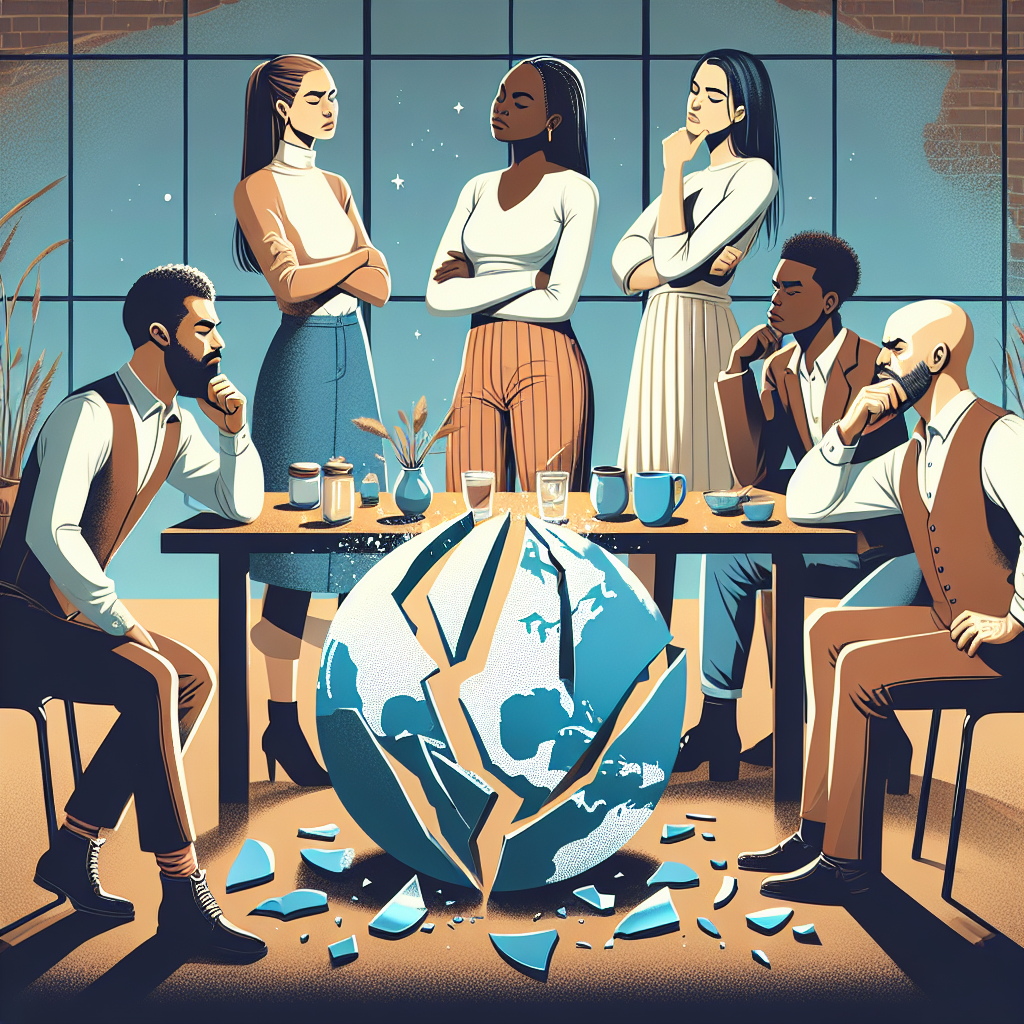Cultural Attitudes Towards Divorce

Embracing Divorce: Acceptance Strategies for Moving On
Overview of Divorce Acceptance
Divorce, also known as marriage dissolution, is the legal process of ending a marriage. While the concept of divorce has been around for centuries, it has become more prevalent in modern society, with divorce rates increasing globally. However, the acceptance of divorce varies greatly across different cultures and is influenced by factors such as cultural norms, social stigma, and attitudes towards marriage.
The Impact of Divorce on Mental Health
Divorce not only affects the couple involved but also has a significant impact on their families, friends, and society as a whole. One of the most significant consequences of divorce is its effect on mental health. The dissolution of a marriage can lead to feelings of loss, grief, and anger, which can result in mental health issues such as depression and anxiety. The impact can be even more severe for children of divorced parents, who may experience emotional and behavioral problems.
Understanding the Stages of Divorce Acceptance
Accepting the end of a marriage is a process that involves several stages. The first stage is often denial, where one or both partners may refuse to accept that the marriage is over. This is followed by anger, bargaining, and depression, before finally reaching the stage of acceptance. It is essential to understand and acknowledge these stages to move forward in a healthy and positive way.
Coping Mechanisms for Accepting Divorce
Accepting divorce can be a challenging and emotional process. It is essential to find healthy coping mechanisms to deal with the loss and move forward. This can include seeking support from family and friends, engaging in physical activity, practicing self-care, and seeking professional help. It is also helpful to reflect on the positive aspects of the situation and focus on personal growth and development.
The Role of Therapy in Divorce Acceptance
Therapy can play a crucial role in helping individuals and families navigate divorce acceptance. A therapist can provide a safe and non-judgmental space to express emotions, discuss concerns, and work through the stages of divorce acceptance. They can also offer valuable tools and techniques to cope with the challenges and facilitate the healing process.
Redefining Your Identity after Divorce
After a divorce, individuals often struggle with their sense of identity and may feel lost or unsure of who they are. It is essential to take the time to redefine and rediscover oneself. This can involve exploring new hobbies, interests, and goals, as well as reflecting on personal values and beliefs. It is an opportunity to create a new and fulfilling identity.
Managing Co-Parenting after Accepting Divorce
For couples with children, divorce acceptance also means navigating co-parenting. It is crucial to establish healthy communication and boundaries to ensure the well-being of the children. It may also involve creating a co-parenting plan that outlines responsibilities, schedules, and decision-making processes. Co-parenting may be challenging, but with cooperation and compromise, it can be a successful and positive experience for all involved.
Navigating Potential Roadblocks in Divorce Acceptance
There may be roadblocks that hinder the process of accepting divorce. These can include financial concerns, legal battles, and unresolved emotions. It is essential to address these issues and seek professional guidance to overcome them effectively. It may also be helpful to find a support system and surround oneself with understanding and supportive people.
Finding Closure and Moving On from Divorce
Finding closure is an essential part of divorce acceptance. Closure does not mean forgetting about the past, but rather accepting and letting go of negative emotions. It may involve forgiveness, whether for oneself or the former partner, and finding peace with the situation. Closure allows individuals to move on and embrace a new beginning.
Embracing a New Beginning after Accepting Divorce
Accepting divorce is not the end but the beginning of a new chapter in life. It is an opportunity to reflect, learn, and grow. It may involve creating new goals, building new relationships, and discovering new passions. It may not be easy, but with time and effort, individuals can embrace their new life and find happiness.
The Importance of Cultural Attitudes Towards Divorce
The cultural attitudes towards divorce play a significant role in the process of divorce acceptance. In certain cultures, divorce is heavily stigmatized, and individuals may face judgment and discrimination for ending their marriage. This can make it challenging to accept and move on from a divorce. On the other hand, in cultures where divorce is more accepted, individuals may find it easier to seek support and move on without the fear of societal repercussions.
Changing Societal Views on Divorce
Over the years, there has been a noticeable shift in societal views towards divorce. While it was once heavily frowned upon, divorce is now more accepted and commonplace. This change can be attributed to various factors, such as changing social norms, evolving family values, and more liberal divorce laws. However, there is still progress to be made in many cultures, and it is essential to continue advocating for acceptance and understanding of divorce.
In Conclusion
Divorce acceptance is a personal and complex process that involves various stages and challenges. It is critical to understand and address the impact of divorce on mental health and find healthy coping mechanisms. Therapy can be a valuable tool in this process, as well as redefining one’s identity and managing co-parenting. Cultural attitudes towards divorce also play a crucial role, and it is essential to work towards changing societal views and advocating for acceptance and support for those going through divorce. Ultimately, acceptance of divorce can lead to closure and the opportunity for a new, fulfilling beginning.



